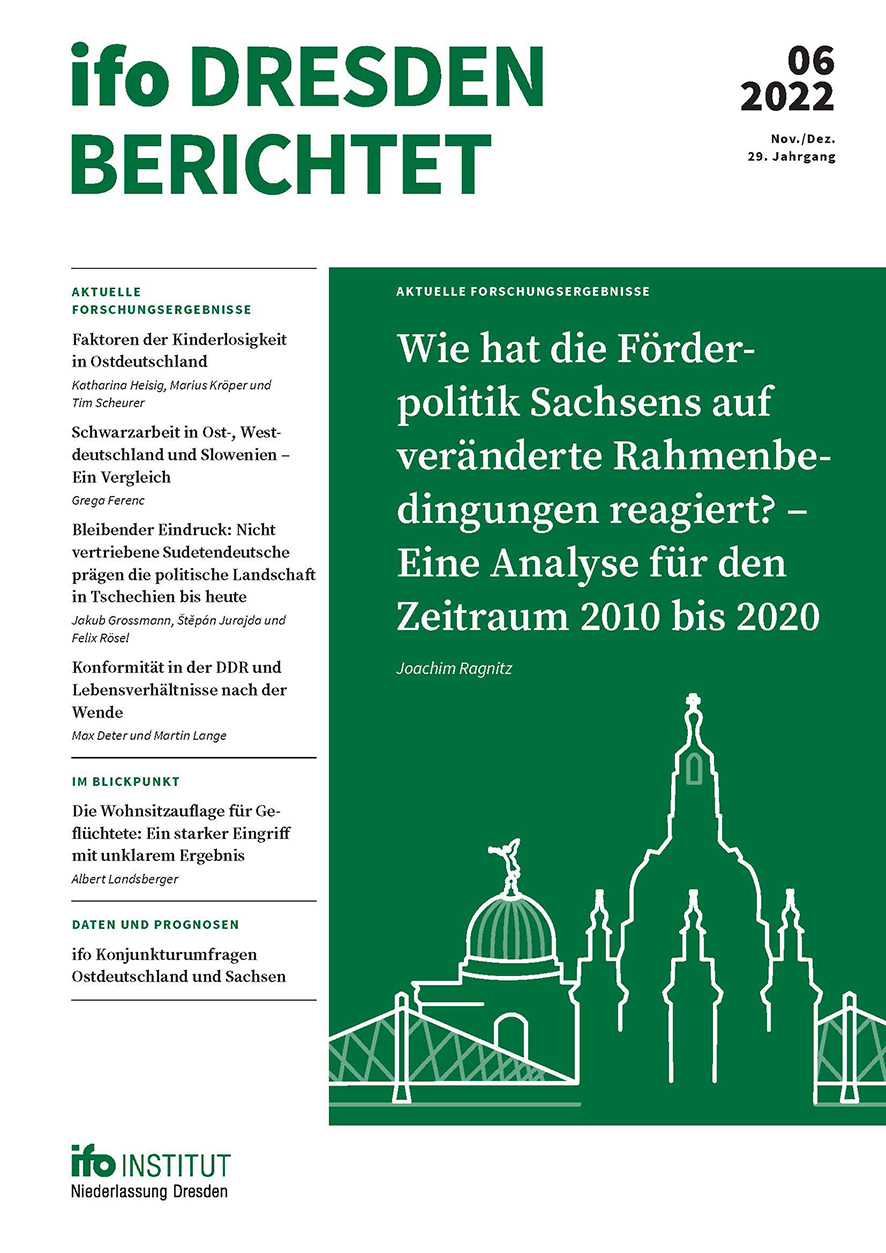The Impact of Debtor Distress and Unemployment on Support for Extremist and Populist Political Parties in the Czech Republic 2001–2017
In this study, we analyze the relationships between rising rates of distraint orders and electoral support for populist political parties and extreme left and right wing political parties at the local level. (This publication is written in czech language.)
15. April 2024
Increasing numbers of people subject to distraint orders had a negative impact on voter turnout and led to a rise in the electoral success of extreme right and and populist political parties (SPD and ANO in the Czech Republic). A 10 percentage point (p.p.) increase in the numbers of people subject to distraint (e.g., an increase from 2 % to 12 %, in a typical Czech municipality with a low rate of distraint to a typical municipality with a high rate of distraint) led to a 1 p.p. increase in the percentage of electoral gains for the extreme right wing (in 2017, extreme right wing parties attained 10.6 % of the national vote) and a 3 p.p. increase for populists (who attained 40.3 % of the vote in 2017).
In contrast, support for the extreme left wing (KSČM) decreased as the frequency of distraint orders increased. A 10 p.p. increase in the share of persons subject to distraint orders (e.g., from 2 % to 12 %) reduced KSČM’s electoral outcomes by more than 3.5 p.p. (in 2017 the extreme left wing obtained just 7.8 % of the vote).
Local increases in unemployment, and therefore in economic hardship, had a similar impact on electoral behaviour in terms of magnitude as did increases in distraint, but in the opposite direction. A 10 p.p. increase in unemployment (e.g., from a good situation of 3 % to 13 % unemployment, a worse situation than during the 2008 economic crisis) resulted in a 2 p.p. increase in voter turnout (which was 60.8 % in 2017), and a 4.5 p.p. increase in support for the extreme left. The extreme right experienced a worse electoral result, by 2 p.p., and populist parties lost 3.5 p.p. of the vote.
Further analysis shows that the observed support for extreme right wing and populist political parties likely did not come from persons who were directly affected by distraint, but rather from their “neighbours” who were not directly affected. This may be related to the fact that, while voters in the Sudeten regions have long been accustomed to a poor socio-economic situation (higher unemployment rates, social exclusion, etc.), voters in other regions of the Republic experienced this distraint situation for the first time, and attempted to solve it by voting new populist and extreme right-wing parties.
Our findings suggest that the reduction in support for KSČM with the increase in distraint orders we observe is not the result of voters in indebted localities failing to turn out to vote, but is due to those voters choosing to support extreme right-wing or populist political parties.
This study is based on the academic paper “Voting under Debtor Distress” by Jakub Grossmann and Štěpán Jurajda (2023).







